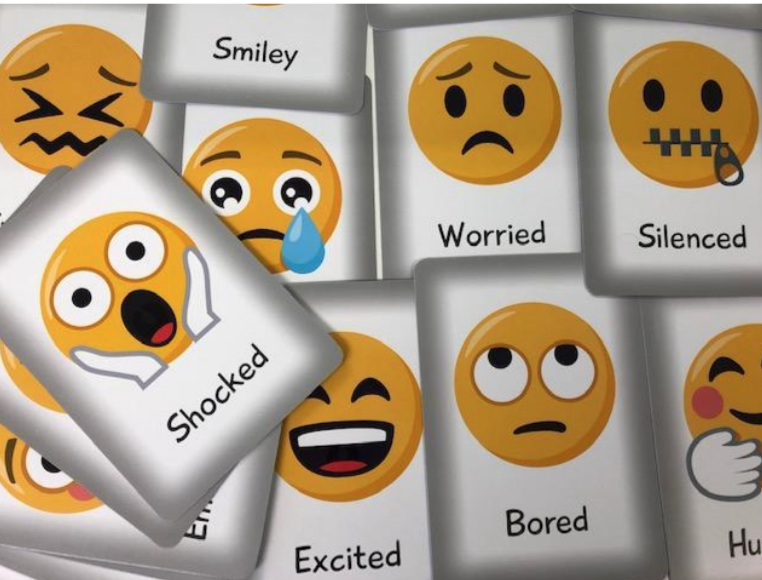Hi Vicci, where did this all stem from?
Youth Sport Trust (YST) International were involved in an Erasmus plus funded project exploring the supply and demand of inclusive sport for young people. The project ran across 8 European countries from 2015 to 2017. Inclusive sport is defined as activity that is accessible for all, regardless of ability.
In the UK, our project was called ‘Focus on me’ which aimed to develop guidance on how to deliver inclusive focus groups to attain the authentic views, wishes and feelings of young people with special educational needs and disability (SEND). Throughout the project, we worked with young people in 15 special schools across the UK. Alongside the evidence and insight gained from the other EU research projects, the work in schools led to the development of YST’s inclusive focus group guidance and training.
What does the inclusive focus group training include?
We have developed key principles with schools that we think are important to enable a successful, inclusive focus group. These principles are aimed at work with young people with SEND, but are transferable to any focus group setting.
For example, one principle is the environment. It is key to make sure that the environment is one where young people feel safe to talk and free from distractions. For those with SEND, it is important to consider who is in the room and whether they feel comforted by the presence of staff that they know.
Another principle concerns materials and equipment. There is the standard equipment that most focus groups need, such as recording devices, questions, and prompts, but also other tools that can be used to engage young people. This is where we highlight the value of Chateez cards in our guidance.
 So, what are Chateez cards and where did they come from?
So, what are Chateez cards and where did they come from?
Natasha Rego is a youth worker who has been working with young people for over 15 years, many of whom have problems with their socio-emotional health. Natasha found that young people sometimes found it difficult to engage in conversations about themselves or how they were feeling – despite being very good at communicating on their phones with their friends. This led to the idea of Chateez cards: friendly, accessible emoji cards. The original set contained 24 different emojis on A5 plastic cards. Natasha worked with young people to choose, design and develop the emojis that were important or useful for them.
Why Chateez cards? How do Chateez cards work for inclusive focus groups?
The best thing about Chateez cards is their simplicity. They are flexible and can be used in a variety of ways to engage young people and support them to feel comfortable to open up. They can be used as an ice breaker tool or as a stimulus to encourage more in-depth discussion.
For example:
- Lay all the cards out on the floor, ask young people to pick three emojis that show how they feel about taking part in PE at school.
- The facilitator selects an emoji, then asks the young people why they think some people feel this way about playing sport?
The cards can support young people to verbalise how they are feeling even if they do not have the words to describe it.
Youth Sport Trust Lead Inclusion Schools have received bespoke inclusive focus group training and Chateez cards. All have adopted them in different ways to suit their school and needs, reinforcing the flexibility of this resource. For example, one school has developed a thermoregulation wall for young people to rate how they are feeling using the cards. Another has used them to find out why some of the girls were not engaging with PE lessons at school.
What advice can you offer to people planning to run inclusive focus groups?
The best advice I can give is to not expect immediate impact. It takes time for young people to be able to verbalise what they are thinking and feeling. As an adult we often jump in, make assumptions and try to finish what young people are trying to say, but give them time and the chance to express themselves.
Where can people go for more information?
The Youth Sport Trust offer inclusive focus group training to support individuals and schools to know how to develop, generate, and run effective inclusive focus groups. This is something that all Youth Sport Trust member schools can receive this as part of their offer.
www.chateezcards.com
https://www.youthsporttrust.org/
https://www.youthsporttrust.org/chateez-cards
@Chateezy @YouthSportTrust
AUTHOR: Lucy Ellis: [email protected]